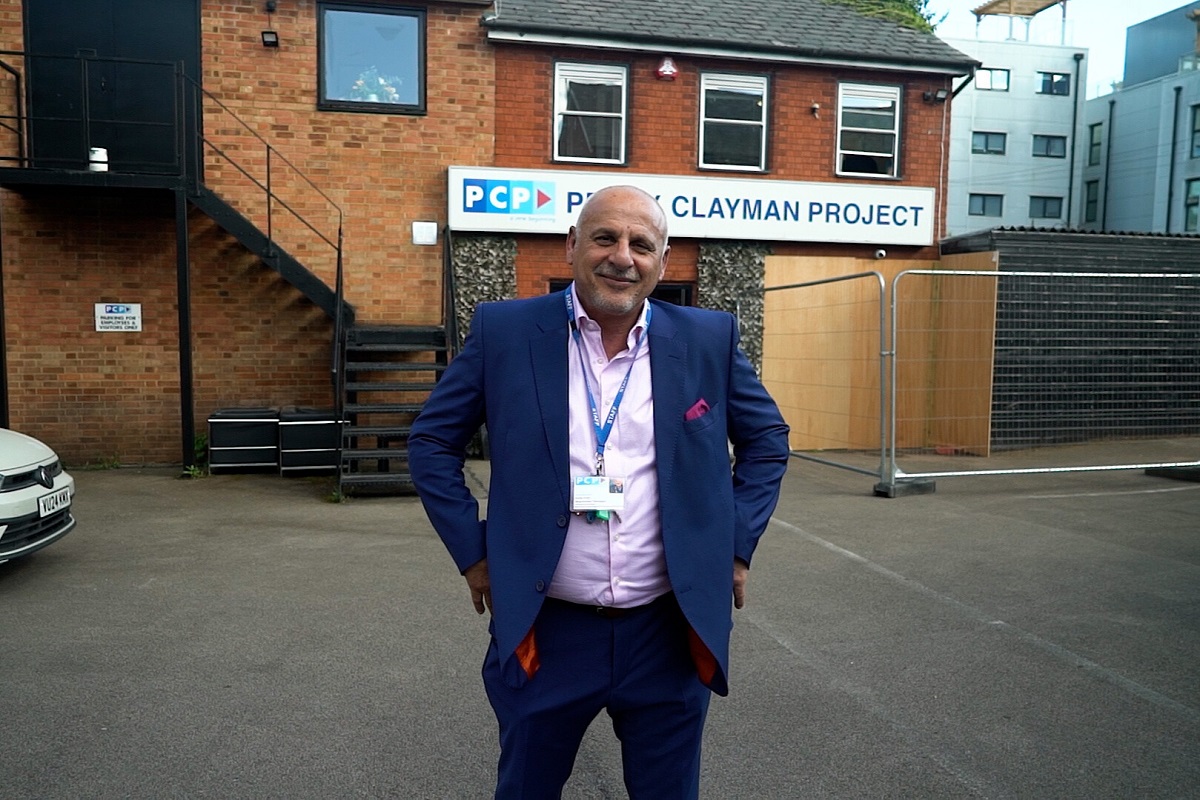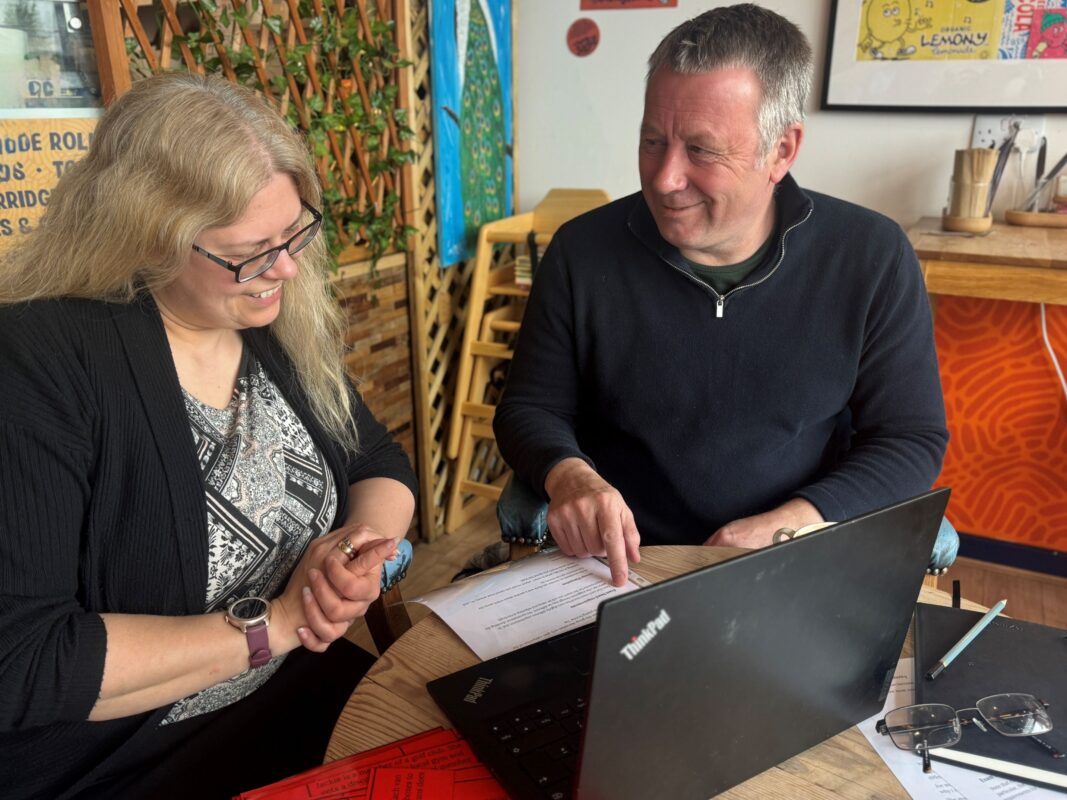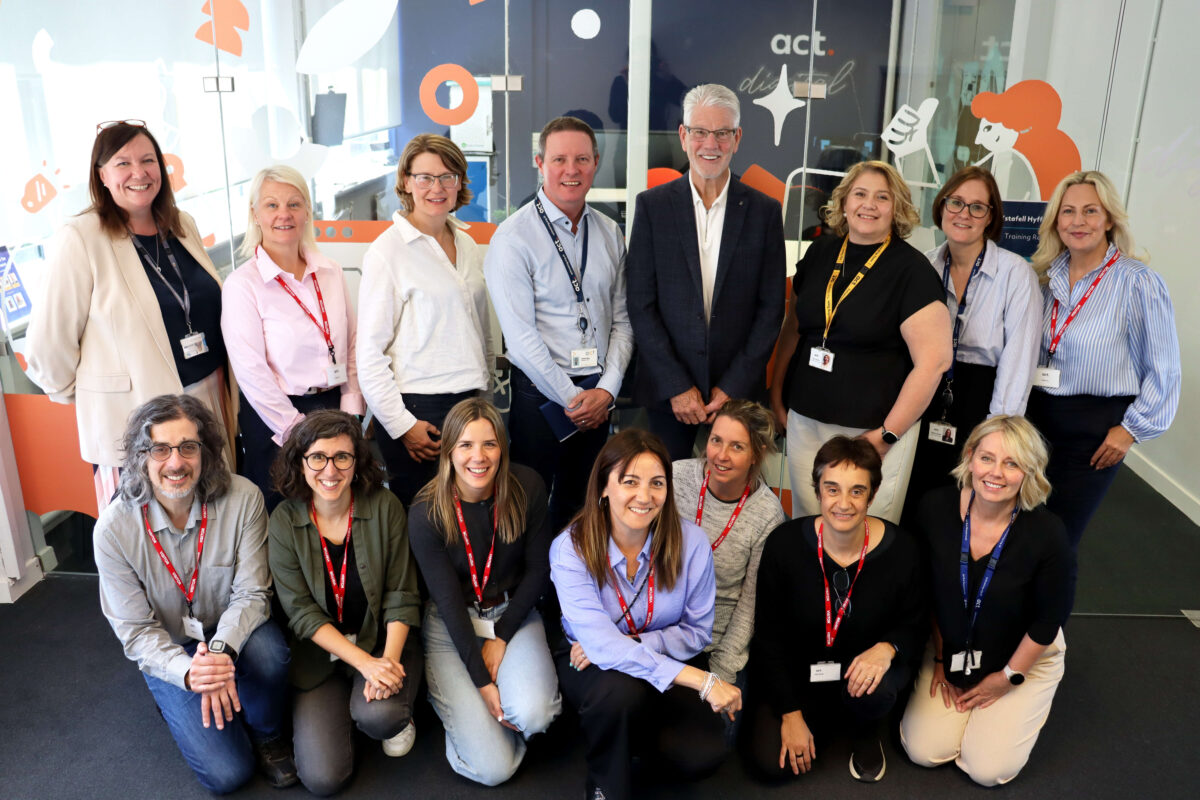Joining the dots to improve local education and the economy

As Chair of his Combined Authority Business Board and former Chair of their Employment and Skills Board, Al Kingsley shares his experience of how industry and education can work together to tackle vital skill shortages.
What does an effective regional workforce look like? On one side, we have education providers offering training and accreditations for skills and qualifications – and on the other side, we have employers looking for people with specific skills to come and work for them. How do those two sides align for the benefit and growth of the individual and their local community?
Economic growth
The priority in every region is to stimulate economic growth. This benefits the community in many different ways – not just in terms of better job opportunities but also on a wider public level as a stimulus for housing development and the public and private services that sit alongside it.
Over the past few years, employers have moved from looking for candidates’ potential based on traditional academic subject qualifications to focusing more on soft and hard skills. (Incidentally, I’ve recently heard these referred to as ‘power skills’ from an employer’s perspective; that’s how desirable they are). The employers predominantly looking for qualifications are usually specialist industries that, for example, need scientists or engineers with a particular skill set.
In turn, other organisations are also seeking out individuals who can demonstrate good communication, critical thinking and problem-solving skills, resilience and curiosity. Underpinning both of these areas is a non-negotiable need for digital skills which, after the pandemic shift to more flexible working, are required to support and operate in a much more hybrid and interconnected workspace, whatever the industry may be.
Educating for the future
Across the UK, almost half (48%) of small businesses say that technical skills are critical to their progress and growth, yet the Learning & Work Institute says that the number of students taking a GCSE in IT has fallen 40% since 2015. A digital skills gap has opened and that is bad news for any region’s economic growth.
Education provision takes place in multiple guises: schools, higher and further education, adult education, apprenticeships, skills brokerage services, in-house training, digital talent platforms and other regional initiatives – such as Multiply, our local information service to improve maths skills.
In terms of digital skills, the increased use of edtech in schools provides a foundation of transferable digital skills which students can build on as they move from education to employment. But more needs to be done than leaving it to chance and seeing which students decide to study technology-based subjects; better digital skills acquisition needs to happen much earlier in the education cycle, as does awareness of potential future possibilities within technology-based careers to stimulate students’ aspirations and motivation.
Regional strategic planning
In my local region, the Business Board for the Cambridgeshire and Peterborough Combined Authority has taken a hugely positive step in closing its regional skills gap by successfully supporting the funding of a new university campus in the centre of Peterborough. The new site for Anglia Ruskin University that opened here in 2022 was purpose-built to provide recognised degree-level qualifications in the skills the region desperately needs while enabling students to study locally. Peterborough University is forward thinking; it has co-created many of its degree courses with local employers to ensure students are equipped with desirable and relevant skills to give them maximum employability in the region upon graduation, helping to drive the area’s future transformation.
Relevant and forward-looking course provision is essential in the more rural parts of our region too, of course, and this is where the task becomes more challenging. An outstanding education provision plan is all well and good, but, in a rural area, it needs to link to a practical plan for improving public transport, otherwise, students won’t be able to attend either the courses or get to their workplace further afield at the required times.
Connection is key
Every region will have its own challenges when trying to create these kinds of links, and Boards such as ours will have different sets of circumstances and budgets with which to work. However, without the essential connections between sectors, even the best education provision is useless, so we must find ways to join the dots – improving the outlook for individuals’ education attainment and driving the economic growth of the region they live in.
By Al Kingsley, NetSupport Limited.











Responses